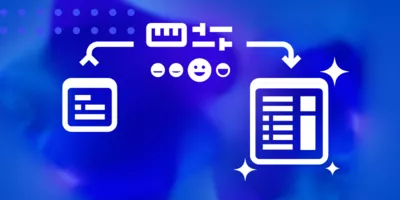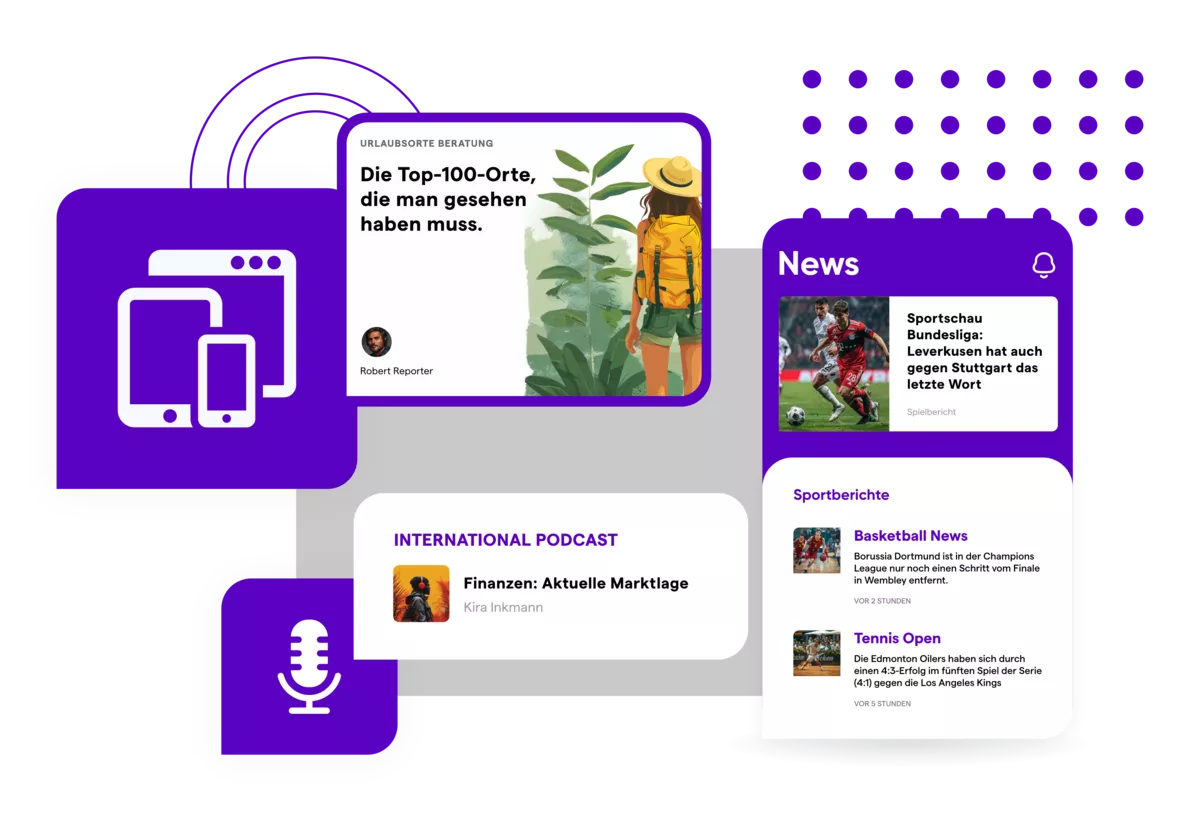- AI Solutions
- Industries
- AI Projects
- Knowledge
- About us
What is computational linguistics?
There are a number of definitions of the term ‘computational linguistics’. One says that, “Computational linguistics is more than an engineering discipline. It also deals with the mathematical properties of natural and artificial languages. The focus is on the investigation of various formalisms to represent linguistic facts in a form understandable to the computer.”
A further definition comes from the University of Potsdam: “Simply put, computational linguistics is the scientific investigation of language from a computer-aided perspective. Computational linguists are interested in providing computer models for different types of linguistic phenomena.”
Computational linguistics: interdisciplinary field with many fields of application
Modern computational linguistics combines computer science and mathematics (especially statistics) with linguistics in fields such as morphology, syntax, or semantics. Depending on the task, philosophy and logic are regarded as relevant minor subjects. In combination, these fields lead to the development of systems that recognize language and can fulfill a task on the basis of language.
Computational linguistics, along with its results and methods, forms the foundation for software solutions centred around language processing. Applications include chatbots, word processing programs, detecting unwanted online content, speech recognition in programs such as Apple’s Siri, and automated text translation.
Studying and working in computational linguistics
Computational linguistics is a field populated by graduates with an affinity for languages, mathematics, and computer science.
The top institutes within Germany for those studying computational linguistics are the universities of Potsdam, Munich (LMU), Saarbrucken, Heidelberg, and Bielefeld. Outside Germany, the international leaders for computational linguistics tend to come from Stanford University, Carnegie Mellon, Johns Hopkins, and Columbia.
Prospects within the field are excellent in both research and for employment. An important driver of the increasing demand for expertise in computational linguistics is the technical development of hardware and software. Both public authorities and established companies and start-ups are investing in future technologies in which computational linguists are in demand.
Fewer than 100 graduate each year in Germany in the field of computational linguistics. Job prospects within the sector are strong. Elsewhere, those working in Natural language understanding and Natural language generation, which derive from computational linguistics, find themselves in high demand.
References:
https://plato.stanford.edu/entries/computational-linguistics/
https://aclweb.org/aclwiki/Frequently_asked_questions_about_Computational_Linguistics




